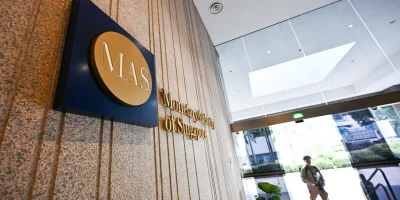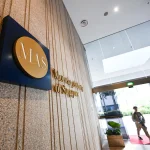SEATTLE — As new data shows an unexpectedly high number of young Korean engineers hoping to move overseas, those who have already crossed the Pacific offer a glimpse of what life is really like on the other side. Korean professionals in Silicon Valley and Seattle agree that the U.S. offers better pay and freedom, but job security remains fragile and uncertainty runs high.
A recent survey from the Bank of Korea (BOK) found that nearly two in three Korean scientists and engineers in their 20s and 30s are considering moving abroad within three years. For some, that dream has already come true — but the reality is not without its challenges.
“Honestly, the pay difference is huge,” said Lee Jae-kyung, 29, a software engineer in Seattle. “I have friends in Korea who are in a similar level as I am, but get paid a third.”
The BOK survey results showed that the average annual starting salary in Korea was 58 million won ($42,000), while overseas, including in the United States, it was about 2.8 times higher at 163 million won. The gap widened further after 10 years of experience, with professionals in Korea earning 85 million won compared to 342 million won abroad, more than four times as much.
Another software engineer who landed a job in the U.S. after completing her master’s degree in Korea said that higher compensation is clearly the biggest advantage of working in the U.S.
“It’s almost not even comparable at the entry level,” said Kim Hyo-rim, 28, who works for a startup based in San Jose. “Friends in Korea keep asking if I can connect them to a job here, but I can’t tell them to come without hesitation either.”

An exterior view of building BV100 during a tour of Google’s new Bay View Campus in Mountain View, Calif., May 16, 2022. Reuters-Yonhap
Many say that layoffs are the biggest fear they live with every day.
Industry data shows U.S. tech firms cut nearly 158,000 jobs in 2024 as companies pivoted from rapid growth to tighter cost controls. Tech layoffs continued this year, with more than 100,000 workers laid off so far, according to Crunchbase, a San Francisco-based data analytics firm.
“It feels like no one is safe,” said Kim. “Not even the higher-ups. Everyone’s on edge whenever another round of layoffs hits. And these days, that’s very often.”
Korean engineers working in the U.S. say they appreciate merit-based workplaces but live with the constant reminder that strong performance doesn’t always guarantee stability.
“In Korea, I saw brilliant friends stuck because promotions depended on seniority,” said Park Ji-yeon, 33, a data scientist in the Bay Area. “Here, performance matters more. But it also means you’re only as good as your last project.”
Another drawback of working in the United States is the soaring cost of living.
“True, we make more here, but it costs that much more to live,” Park said, adding that Korea’s far lower living expenses should be seen as a real advantage for tech professionals there.
For many, the cultural shift has been both liberating and stressful. Korean-language tech communities in the U.S. are filled with posts about layoffs, visa renewals and green card delays. Yet most still say the trade-off feels worthwhile.
“There’s a lot of freedom. Life overall feels more open here,” said Choi Dong-wook, 38, who worked briefly for a Korean tech firm before earning his master’s in the U.S. and finding employment.
“It depends on what you value in life, but most of the Koreans I know here seem genuinely content,” he said. “Still, no one ever feels completely safe from getting laid off tomorrow.”
While Korean headlines focus on the high percentage of engineers wanting to leave, those who already did say the picture abroad is more complicated. Life in the U.S. tech industry often means higher salaries and a more relaxed work culture, but that comes with the uneasy awareness that stability can vanish with a single restructuring email.













